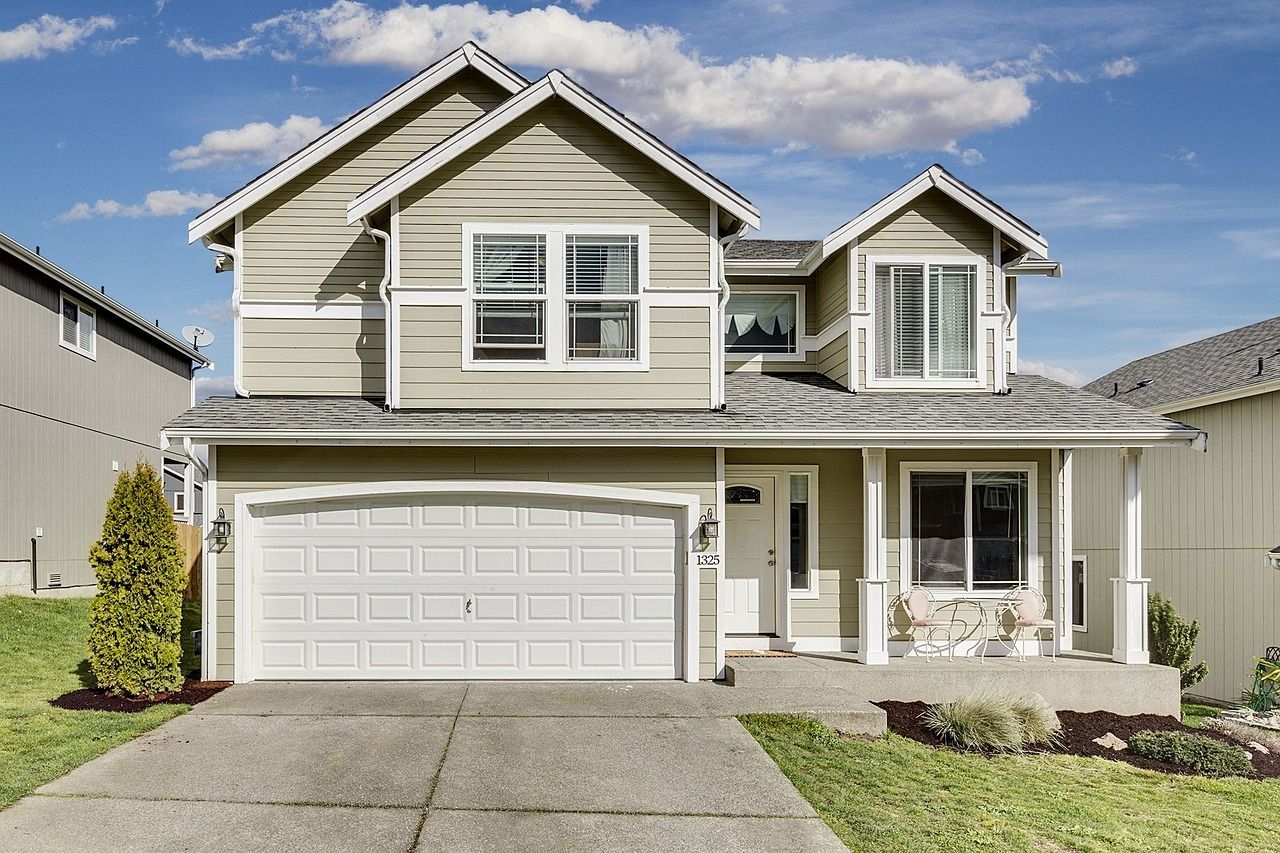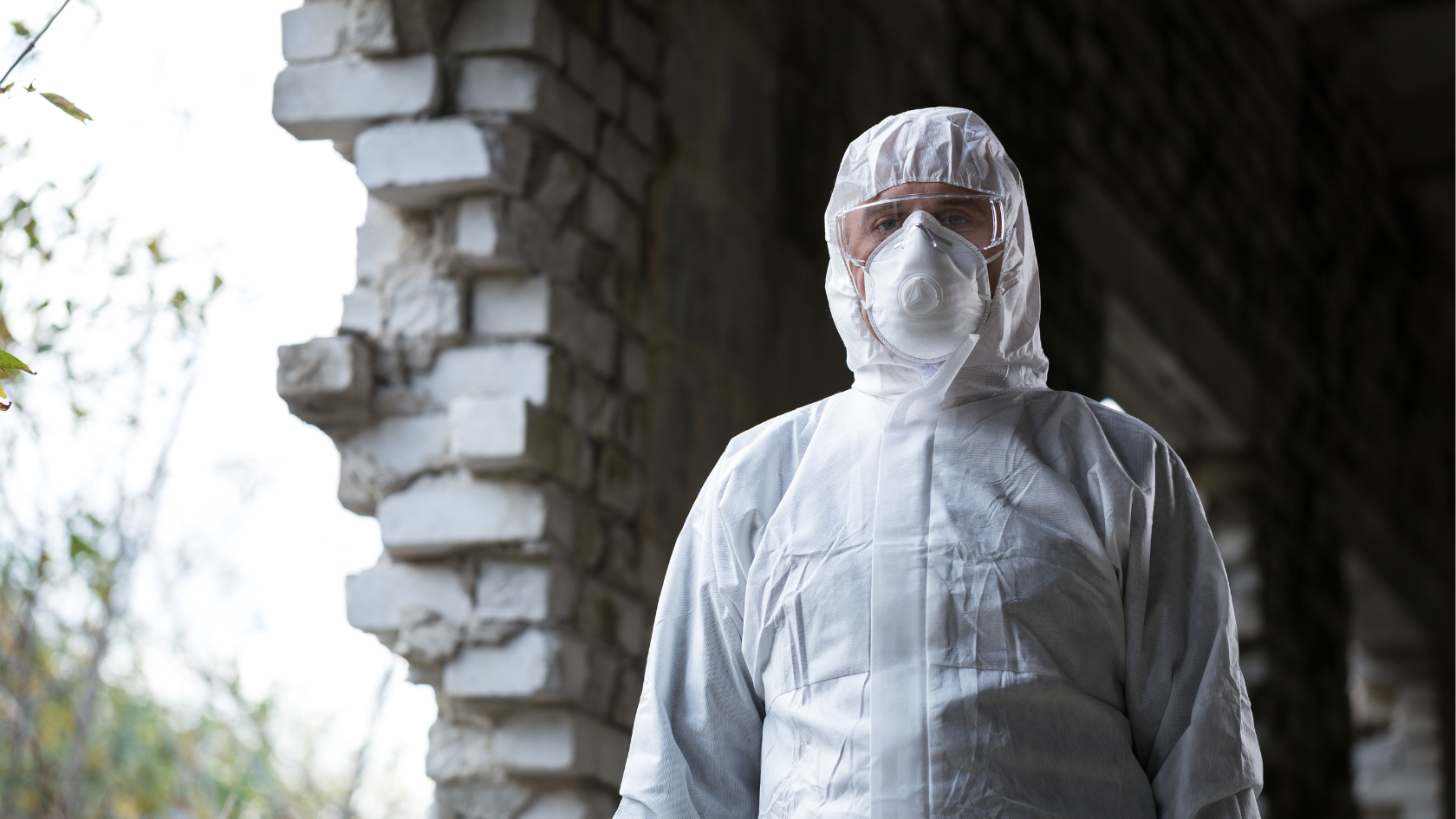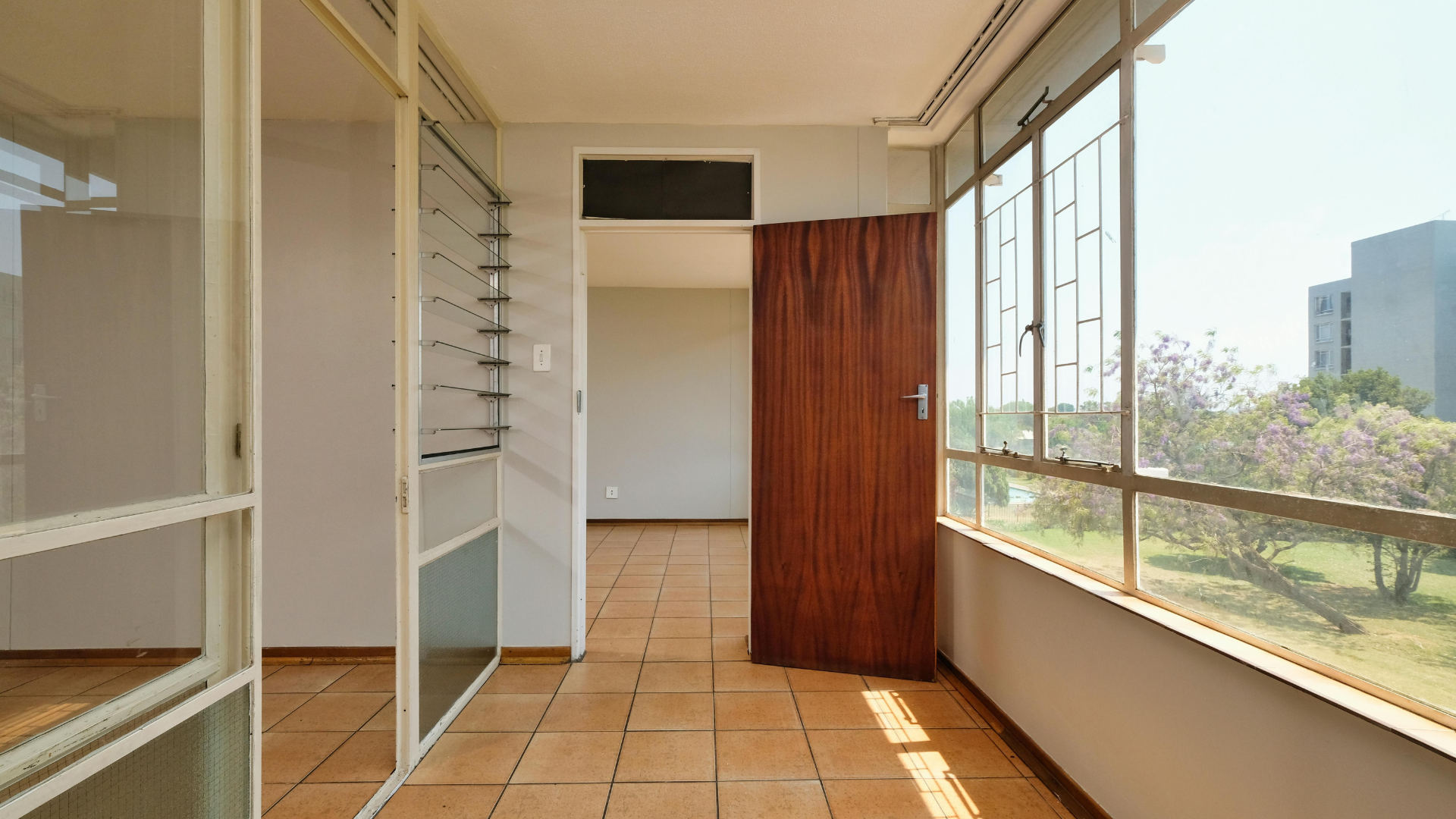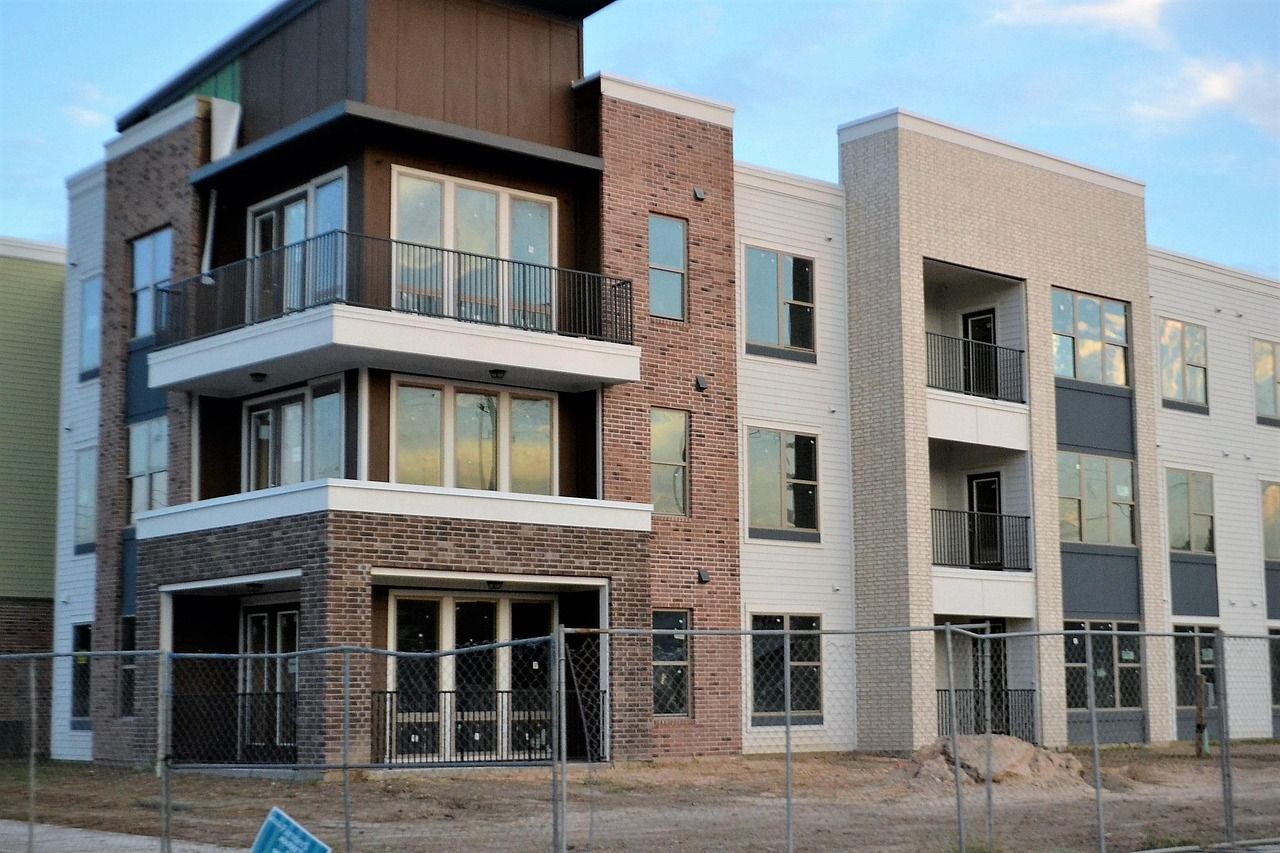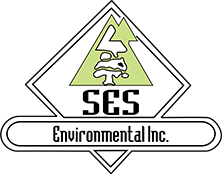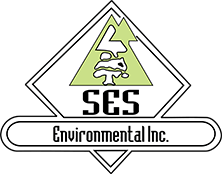Best Practices for Mold Testing and Remediation in Commercial Buildings For Property Owners in Atlanta • Los Angeles • Houston • Tampa
Best Practices for Mold Testing and Remediation in Commercial Buildings
For Property Owners in Atlanta • Los Angeles • Houston • Tampa
In warm, humid cities like Atlanta, Los Angeles, Houston, and Tampa, mold can spread fast — especially in commercial spaces where HVAC systems, flat roofs, or plumbing issues can go unnoticed for weeks. Mold growth doesn’t just harm indoor air quality; it can damage structures, lower property value, and put tenants or employees at risk.
Whether you manage office buildings, retail centers, or multi-tenant facilities, following proper mold testing and remediation practices is critical to protecting your investment and maintaining compliance with health and safety standards.
🔍 Step 1: Recognize Early Warning Signs
Catching mold early saves thousands in repair costs.
Commercial property owners should watch for:
- Persistent musty odors in hallways, basements, or mechanical rooms
- Stains or discoloration on walls, ceilings, or around HVAC vents
- Increased allergy or respiratory complaints from tenants or staff
- Water intrusion from roof leaks, condensation, or plumbing
Remember: mold can thrive behind drywall, under flooring, or inside ductwork — often before it becomes visible.
🧪 Step 2: Schedule Professional Mold Testing
For commercial properties, professional testing is a must — not a DIY project.
Best practices for accurate mold testing include:
- Hire certified inspectors familiar with commercial building systems and local climate conditions.
- Test both air and surface samples to pinpoint mold types and concentration levels.
- Compare indoor and outdoor readings to determine if indoor contamination is elevated.
- Document environmental data, including humidity, moisture readings, and HVAC performance.
Testing provides baseline data for insurance, tenant reports, and remediation planning — especially important in regulated or high-traffic environments.
💧 Step 3: Fix Moisture at the Source
Mold remediation only works if the underlying moisture problem is solved.
In humid markets like
Houston and
Tampa, or older buildings in
Atlanta and
Los Angeles, excess moisture is often the root cause.
Focus on:
- Repairing roof and plumbing leaks immediately
- Improving drainage and gutter systems
- Ensuring HVAC units and condensate lines are regularly serviced
- Installing dehumidifiers in basements and storage areas
- Using smart moisture sensors for early detection
🧰 Step 4: Remediate Safely and Effectively
When mold is confirmed, follow IICRC S520 or EPA guidelines for professional remediation.
A compliant process includes:
- Containment: Isolate affected areas with negative air pressure to prevent cross-contamination.
- Protection: Equip crews with respirators, gloves, and protective suits.
- HEPA Filtration: Run industrial air scrubbers to capture airborne spores.
- Material Removal: Safely remove contaminated drywall, insulation, or carpet.
- Cleaning & Disinfection: Treat all non-porous surfaces with EPA-approved antimicrobial solutions.
- Post-Remediation Testing: Conduct clearance testing before reopening or reoccupying the space.
Proper remediation not only ensures safety but also demonstrates due diligence to tenants, insurers, and regulators.
🌿 Step 5: Prevent Recurrence with Ongoing Maintenance
After remediation, prevention is key — especially in
humid southern and coastal cities.
Establish a
mold prevention plan that includes:
- Quarterly HVAC and air quality inspections
- Humidity control (keep below 50%)
- Regular roof and plumbing checks
- Rapid response protocols for water intrusion
- Tenant education on reporting leaks or odors early
🏗️ Protecting Your Building — and Your Bottom Line
Mold testing and remediation are more than a maintenance task — they’re a critical part of your
building health strategy.
By investing in proactive testing, proper remediation, and ongoing monitoring, commercial property owners in
Atlanta, Los Angeles, Houston, and Tampa can avoid costly damage, ensure compliance, and maintain a safe, productive environment for every occupant.
✅ Partner with a Trusted Mold Specialist
If you manage or own a commercial building and suspect mold growth, schedule a
professional mold assessment today.
Our team helps business owners across
Atlanta, Los Angeles, Houston, and Tampa detect, remediate, and prevent mold safely — minimizing downtime and protecting your property value.
📞
Contact us today to schedule your inspection or consultation.
